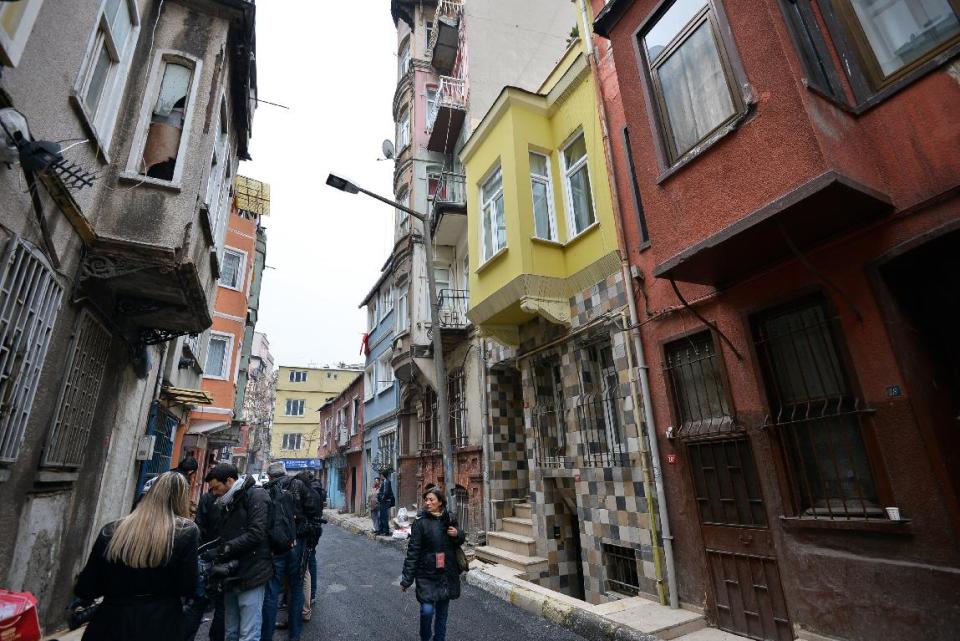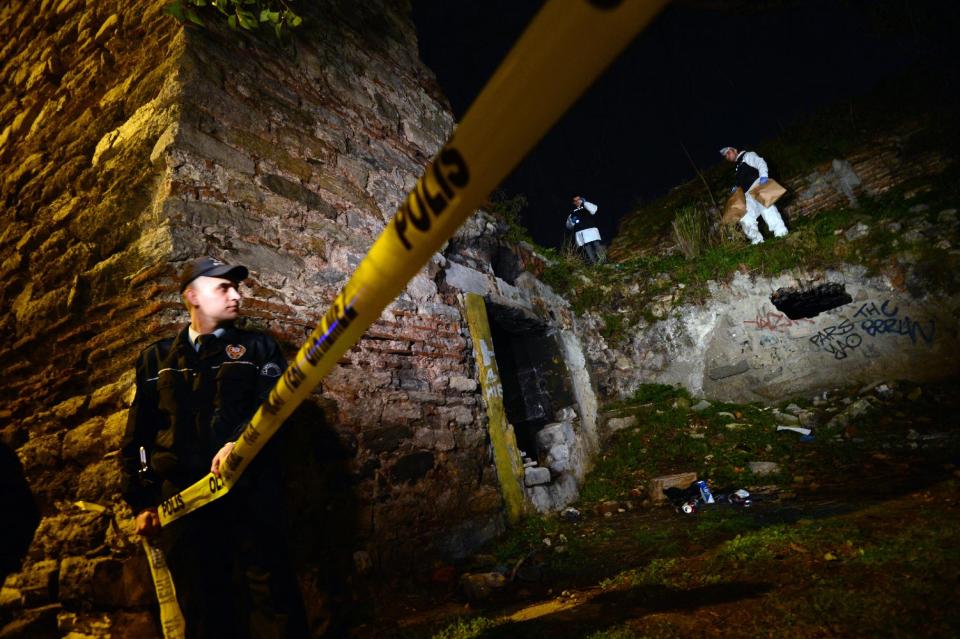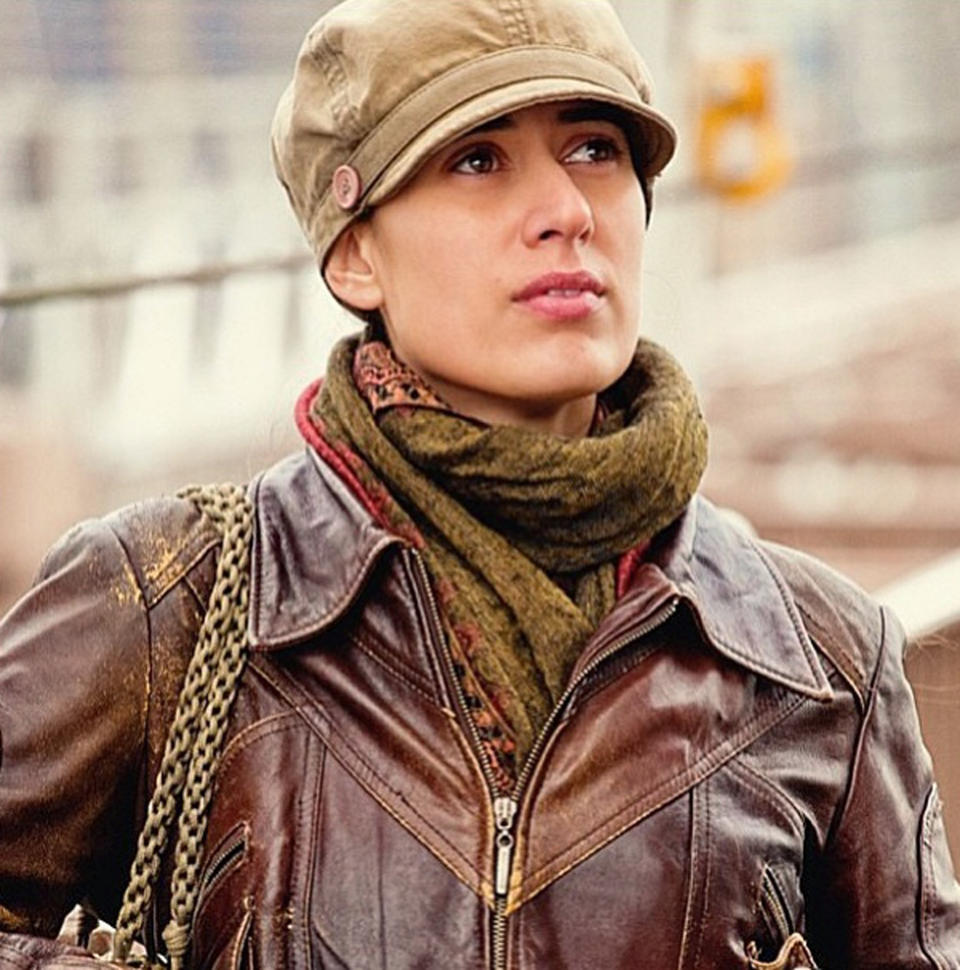Tips on ensuring personal safety when you travel
NEW YORK (AP) — Recent high-profile attacks on tourists in India, Brazil, Turkey and Mexico — including rapes — have raised questions about personal safety for overseas travel, especially for women. But frequent travelers and those who work in the industry say a few common-sense precautions can go a long way to ensuring personal safety.
For example, Fly.com vice president Warren Chang didn't hang a "Do not disturb" sign on his hotel room door on a trip to Jordan, because he didn't want to advertise his presence. Cindy Vanhoutte, who works for the vacation rental site HomeAway.com, always checks Google Street View to see what neighborhoods look like before renting there. And Pauline Frommer, co-publisher of Frommer Guidebooks, leaves her jewelry home and tries to dress according to "local norms" — recently wearing long, loose trousers in Morocco.
It's also prudent to check the U.S. State Department website's travel warnings, which track everything from crime to terrorism to natural disasters.
Sometimes travelers simply become careless, forgetting that crime is everywhere. "The cynicisms get left at home," said Alex Puig, a regional security director for International SOS, a medical and security crisis response company. "I was on a train recently in Geneva, Switzerland. It's like Disney World there but an individual had his bag stolen." Puig himself was robbed by a gang in Rio but gave up his wallet and was unharmed. "Be prepared to lose whatever you're carrying," he advised.
Puig says travelers may be less cautious these days because websites and TV shows have made extreme adventures and off-the-beaten path destinations seem routine. "In the digital world, we can instantaneously show our friends all the cool, weird things we're doing," Puig said. "Our clients are flying to the developing world and going to spots they never would have gone to 10 years ago. In the era of Facebook postings, all the great things you're doing can lead people to bad judgment."
One important tip from Puig: Most crimes occur between 10 p.m. and 5 a.m., so stay indoors or be careful between those hours.
Elizabeth Becker, author of the new book "Overbooked: The Exploding Business of Travel and Tourism," said sometimes people "do things abroad they would never consider doing at home. They travel to countries where they don't speak the language, have a superficial knowledge of the culture and do little advance preparations beyond booking hotels and buying a tourist guide. My suggestion is to do your homework and spend the money to hire a reputable guide. If possible, make a connection to a local before you visit — either through a trusted friend, family member or colleague. The local can help steer you away from dangerous situations."
Carole Cambata's company Travel Leaders/Greaves Travel in Highland Park, Ill., specializes in travel to India. She said her agency got a few calls after several attacks there on women, including from parents whose daughters are heading there as students or volunteers. Cambata says the safest way for tourists to travel in India is by car and driver rather than public transportation, with the exception of certain trains, and she noted that it's much more affordable to have private cars there than here. She sometimes books female travelers on hotel floors that are female only — both guests and housekeepers.
While nobody is blaming the victims for any of these attacks, Cambata also advises visitors to avoid going out late alone, to dress conservatively and to stay away from isolated areas. "I wouldn't send a tourist to a dodgy area in New York either," she said.
The recent attacks inspired STA Travel, which specializes in student travel, to post "Tips for Safe Travels" on the STA blog. Advice includes staying in a group, never leaving your belongings unattended, and making sure gadgets and other valuables are out of sight. Young travelers are also encouraged to drink and party "responsibly": Don't ever leave a drink unattended where someone can slip something in it.
Chang advises leaving a spare ATM card and credit card in the hotel safe, so you still have access to cash if you're pickpocketed or robbed. He notes that some travelers ask for hotel rooms above ground floor, to prevent street-level break-ins, but below the sixth floor, so they can easily flee a fire. When he flies, he says, he counts rows between his seat and the emergency exit, in case the lights go out or the cabin fills with smoke.
Nearly 274,000 U.S. students participated in study abroad programs in 2010-11, and horror stories do occasionally surface. The woman gang-raped last month on a public van in Rio was an American student, and three Boston University students died last year in a minivan accident in New Zealand. A critical incident database for study abroad programs is being launched this year by the Forum on Education Abroad, in order to see where vulnerabilities exist — whether crimes, accidents or illnesses — and prevent future problems. The first data is expected early next year.
Several companies that organize group tours — including Gate 1 Travel, Abercrombie & Kent, Overseas Adventure Travel, and Road Scholar — said they experienced no cancellations and no changed itineraries as a result of the attacks in India and Brazil. They also noted that safety is one reason people — especially women and solo travelers — choose group tours.
"They tell us that our expert local guides allow them to travel comfortably to places where they hesitate to go on their own due to language and cultural differences," said Pamela Lassers, spokeswoman for the luxury Abercrombie & Kent company.
Peter Greenberg, travel editor of CBS News and author of the "Like a Local" guidebook series, says immersing yourself in local culture is still the best way to travel, but you must use common sense.
"There are places in Ohio and New Jersey I wouldn't frequent, but that doesn't stop me from going to Cincinnati or the Jersey shore," he said. "A quick review of travel crime statistics will reveal the truth: More Americans are injured or killed in accidents in their own bathtubs than are victims of crime or terrorism overseas. The only real downside to going off the beaten track is when you act like a tourist, not a traveler."



